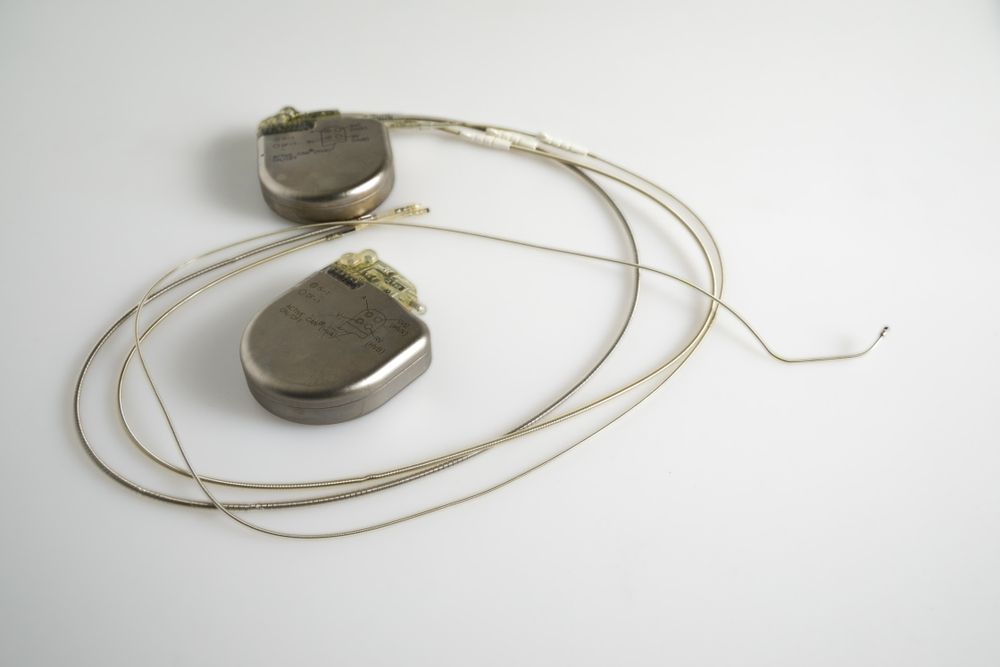Senate Bill 26: Tax Exemption Aims to Address Sexist Policy

Senate Bill 26 , which calls to exempt feminine hygiene products and some incontinence products from Ohio sales and use tax, passed the State of Ohio’s House in a unanimous vote on October 10. Pending the approval of the Senate in addition to Republican Gov. Mike DeWine, Ohio would become the 16 th state to exclude menstrual products from the list of items to which sales tax is applied . Consumers remain on edge though as a similar proposal [ House Bill 545 ] was rejected by the Senate last December. The tax on menstrual products, also known as the ‘Pink tax’ or tampon tax, which affects women, young girls, transsexual men, and non-binary people, was labeled as ‘institutional and systematic sexism’ by NBC News reporter Dasha Burns. This particular consumer group is compelled to purchase menstrual products and believe those products should not be taxed because they are necessary and not purchased or consumed for leisure. In return, a luxury tax is applied to these various types of products. A similar Ohio sales and use tax applies for male hygiene items that aren’t considered medically necessary.
Many wonder why menstrual products in the state are still not exempt from Ohio sales and use tax. With the capitalistic structure of most states, the potential loss in tax revenue is seen as more of a detriment than the offsetting financial burden of low-income individuals who are impacted the most. This debate is not unique to Ohio sales and use tax law . California Governor, Gavin Newsome, signed off on a menstrual product sales tax exemption earlier this year, but will only last for two years because “…the state might not be able to afford it past 2021.” Likewise, budget concerns arose as a result of Nevada’s newly implemented sales tax exemption for feminine hygiene products that went into effect January 1, 2019. Nevada estimates that it could lose between $4.96 million and $7.11 million in sales tax revenue per year from the new sales tax exemption for feminine hygiene products.
We are not yet certain when the next discussion or vote will take place on this bill, but with the previous [House Bill 545] being introduced and turned down the very next day that it passed the House, there is a chance that we may hear something from the Ohio Senate quite soon.
The post Ohio Sales and Use Tax Exemption Aims to Address Sexist Policy appeared first on Agile Consulting Group.












